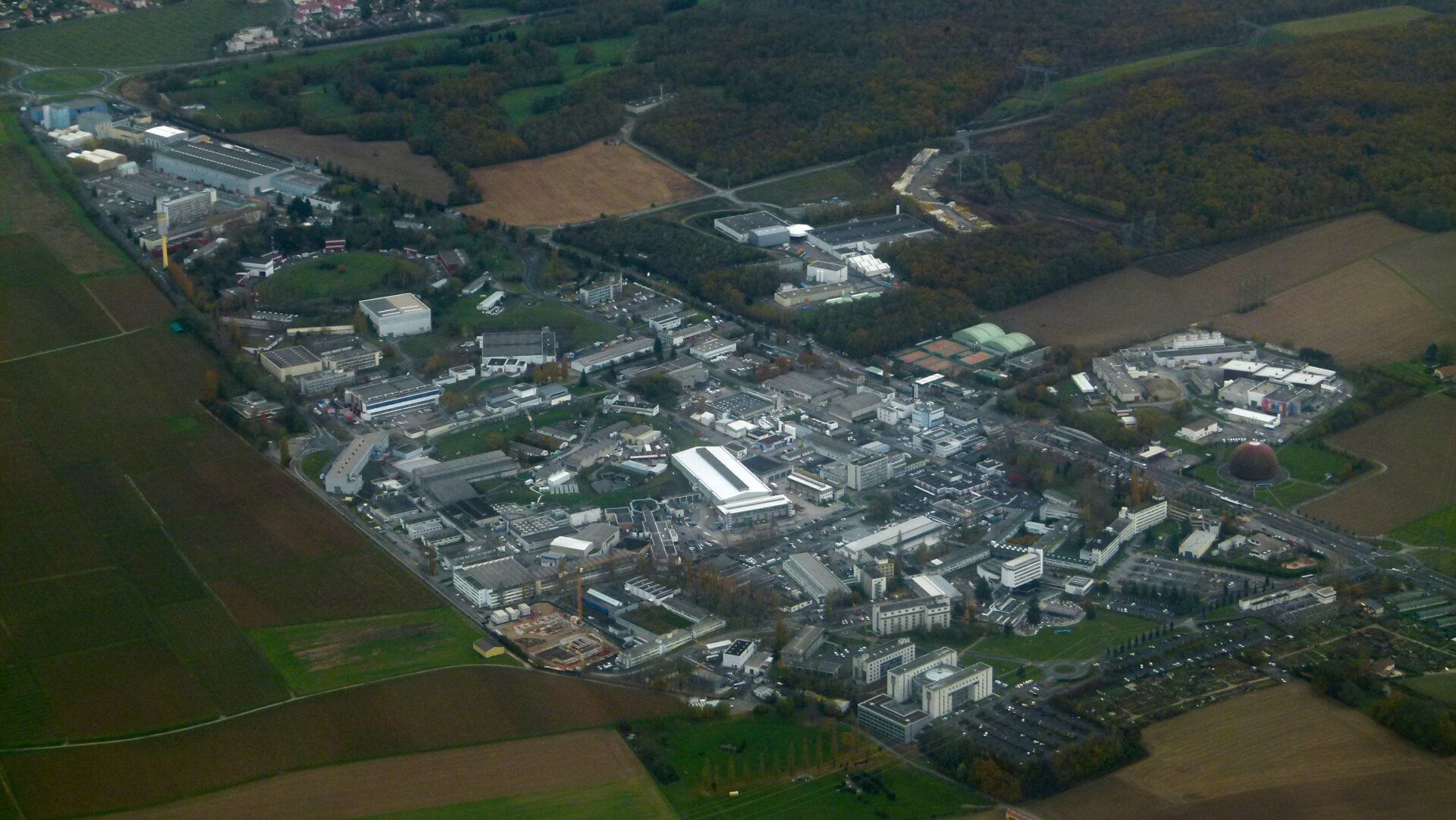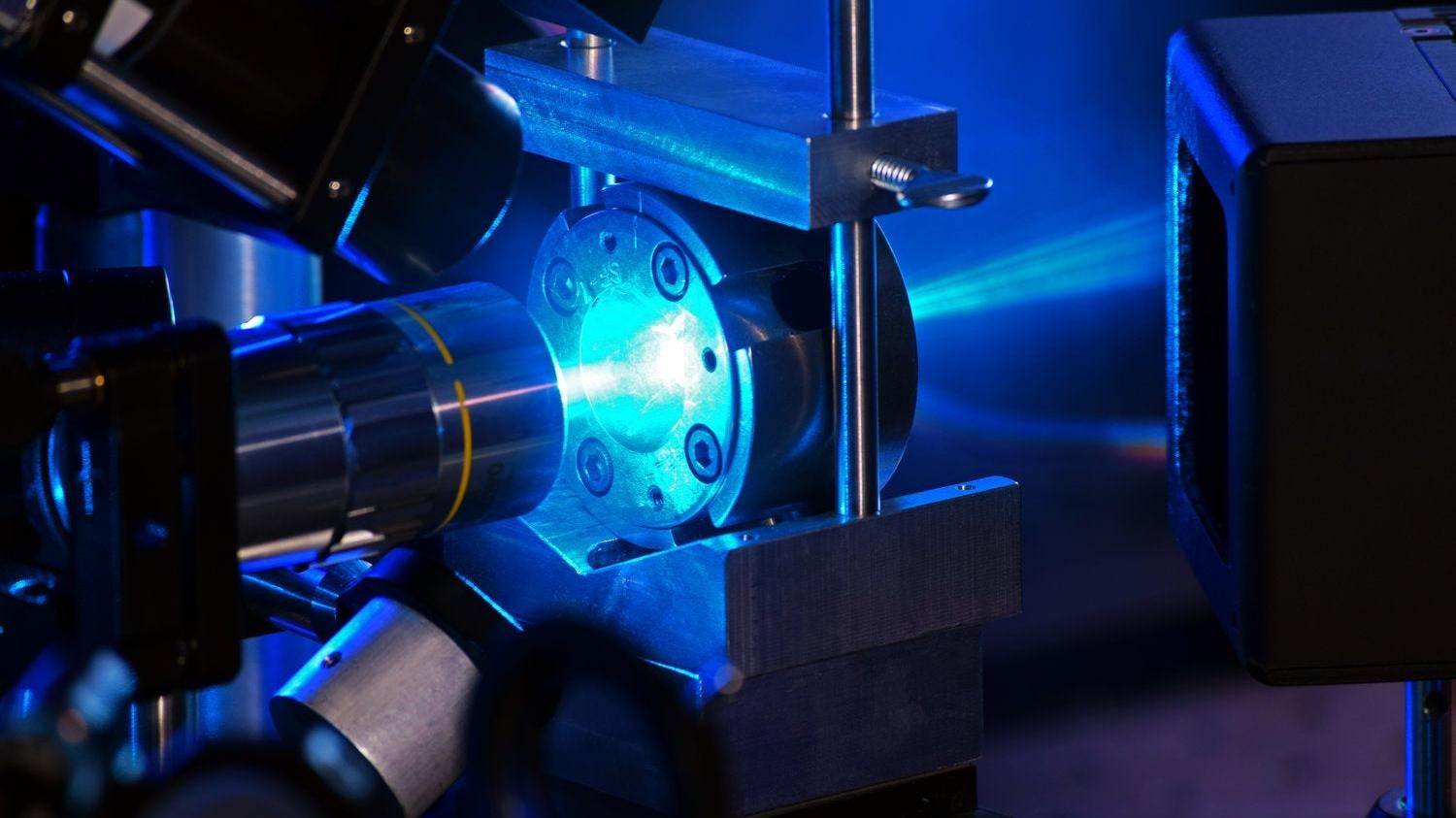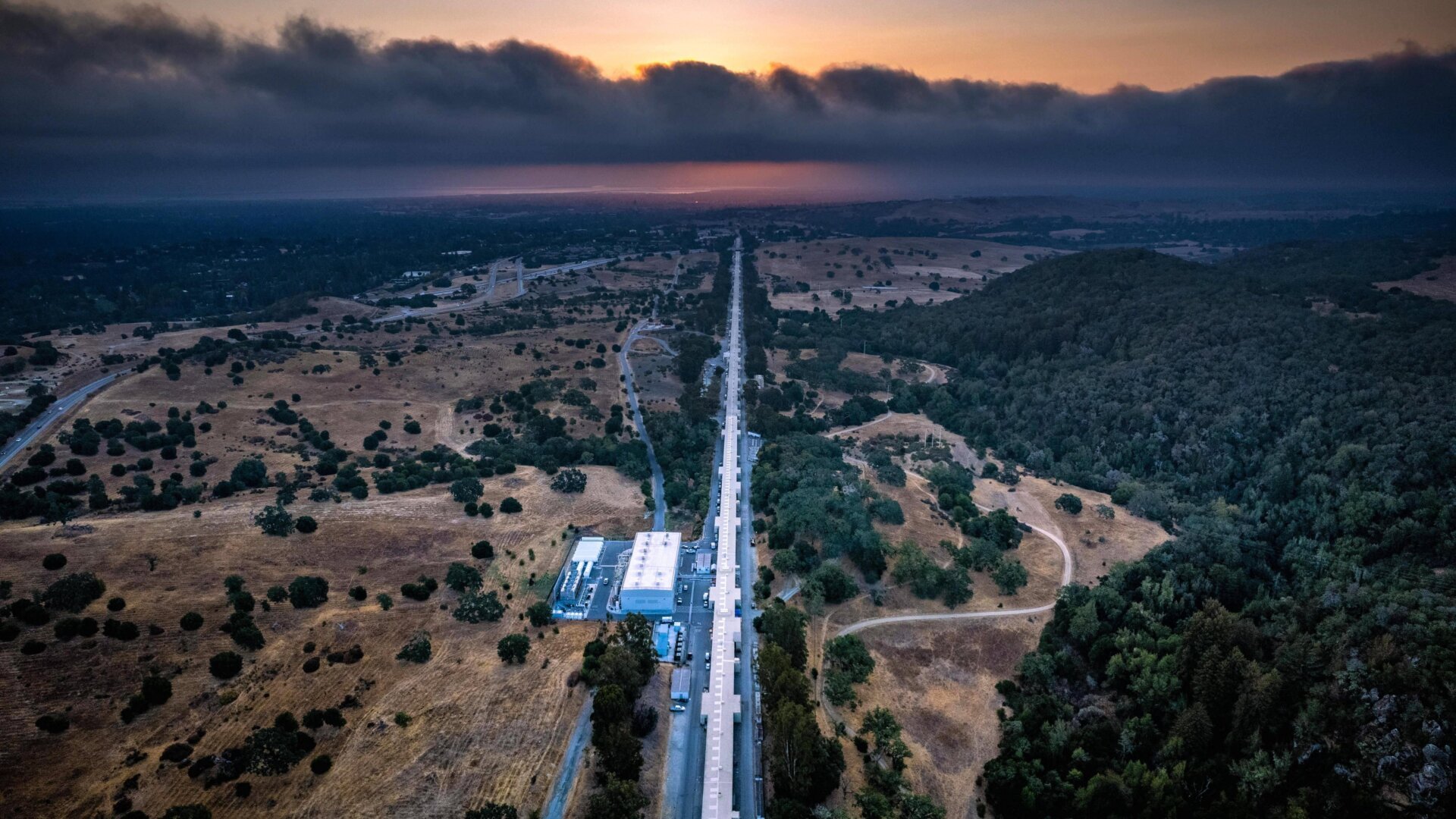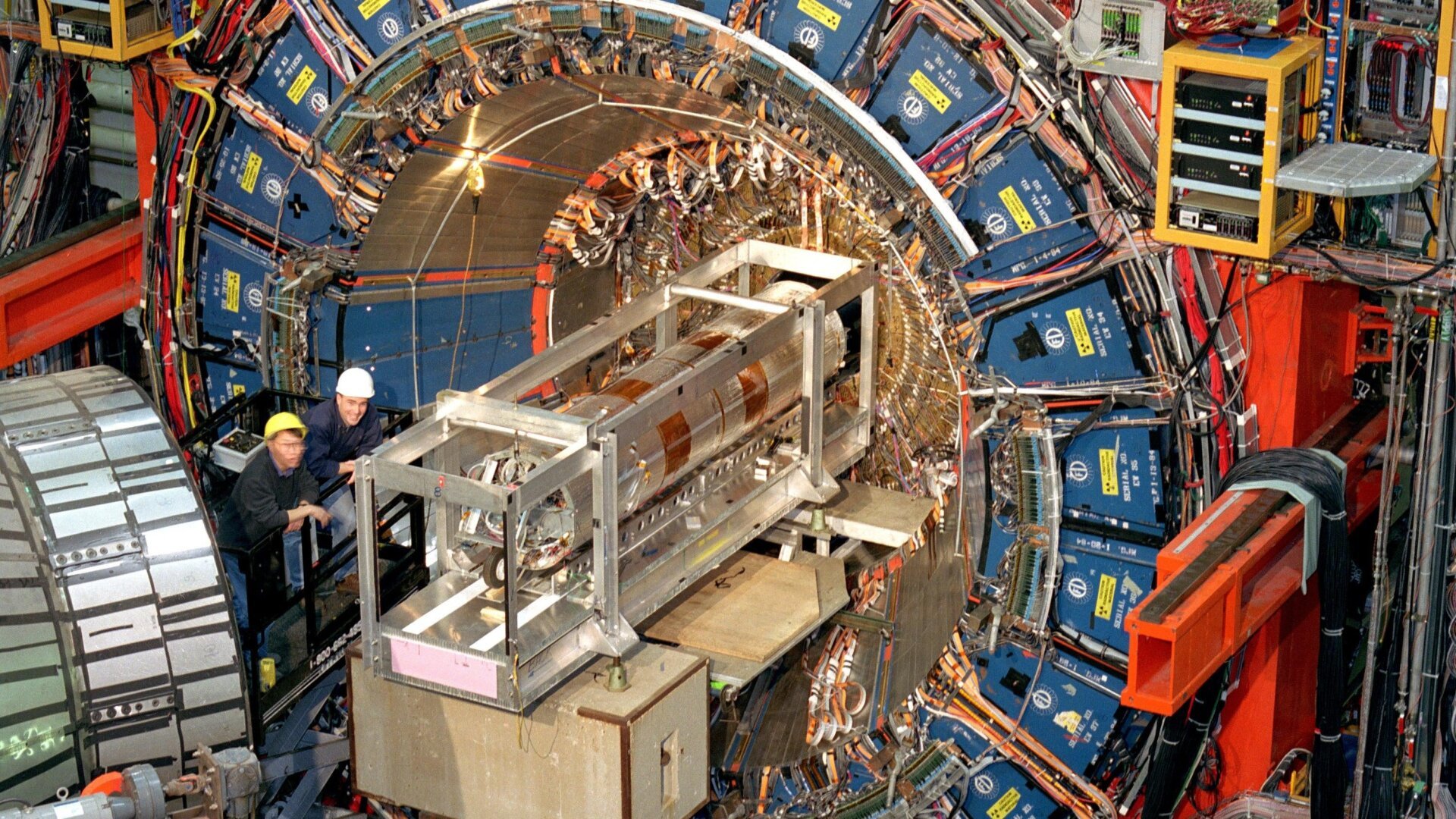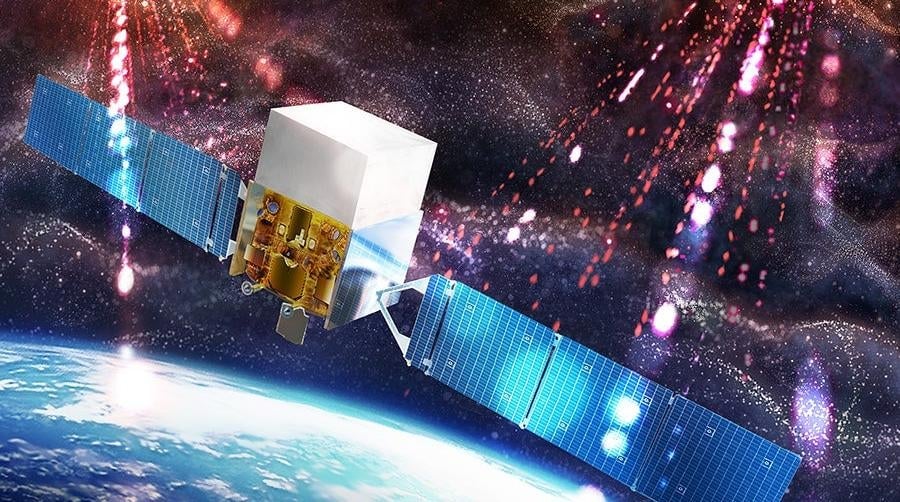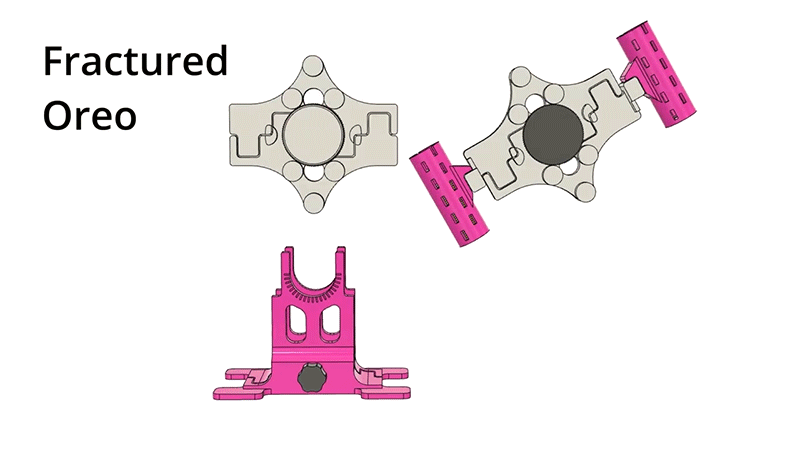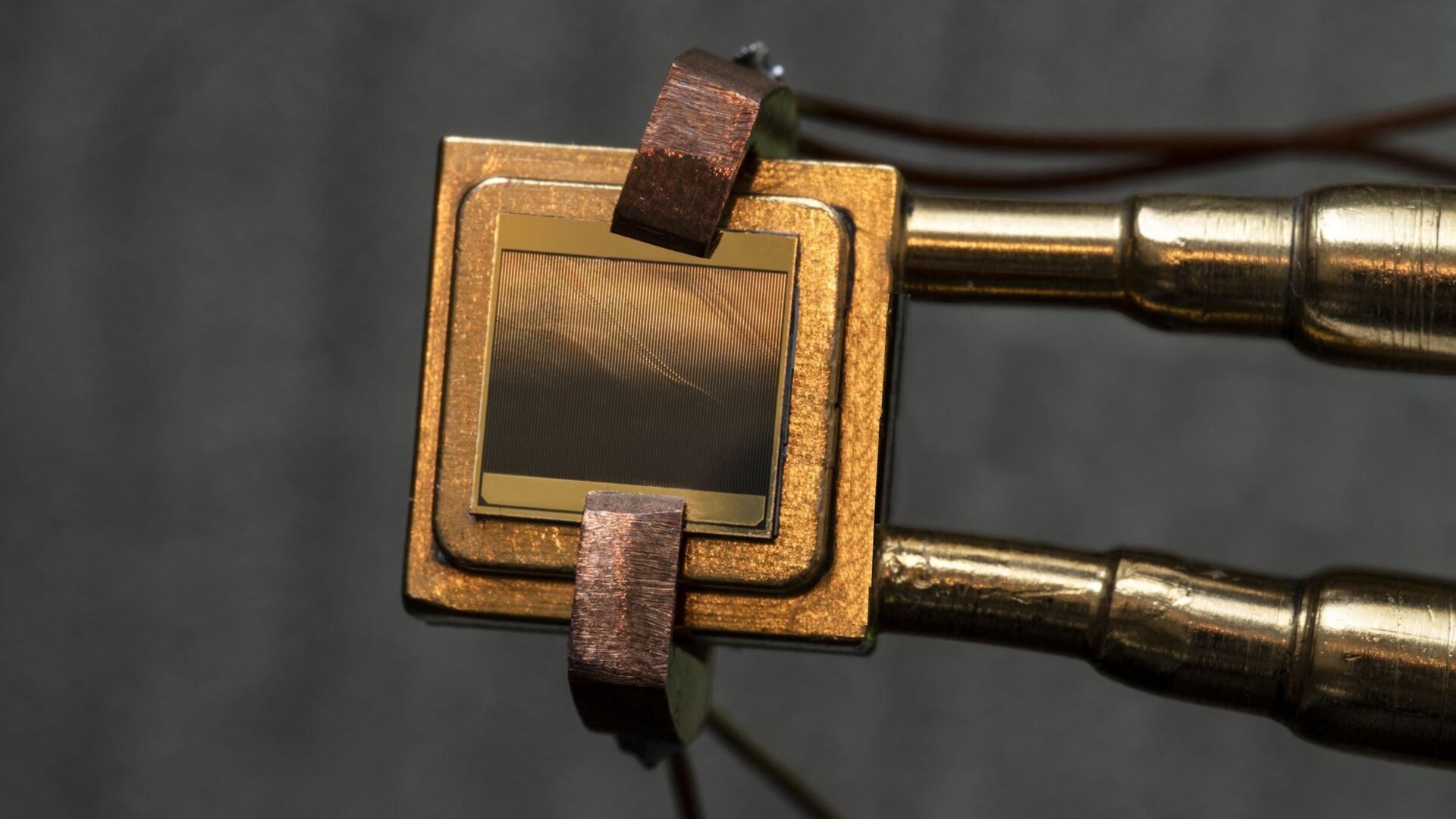The European Organization for Nuclear Research (CERN) Council has taken decisive action in response to Russia’s invasion of Ukraine, suspending Russia’s Observer status and halting new collaborations with Russian institutions. This decision, reached during a council meeting, reflects CERN’s condemnation of the invasion and its commitment to the safety and well-being of its members. The council also expressed its disapproval of Belarus’s involvement in the conflict.
CERN, renowned for its Large Hadron Collider, is a global scientific collaboration operating a major particle physics research facility near Geneva, Switzerland. Its 23 member states each have two delegates on the CERN Council. Russia previously held Observer status alongside the United States, Japan, the European Union, the Joint Institute for Nuclear Research (located in Russia), and UNESCO.
Ukraine, an Associate Member State since 2016, has numerous scientists participating in CERN projects, alongside their Russian counterparts. Recognizing this, the council resolution pledged to support Ukrainian collaborators and scientific endeavors in high-energy physics. This support comes amidst an open letter circulating online, signed by Russian scientists involved with CERN experiments, expressing their sorrow and advocating for a diplomatic resolution to the conflict.
While existing collaborations between CERN and the Russian scientific community will continue for now, the council acknowledges the situation remains fluid and subject to change. This reflects a broader trend of disrupted international scientific projects due to the conflict.
Roscosmos, the Russian space agency, has ceased supplying rocket engines to the United States and suspended collaboration with Germany on International Space Station maintenance. This decision has sparked public exchanges, including a heated Twitter debate between NASA astronaut Scott Kelly and Roscosmos chief Dmitry Rogozin. Furthermore, the ExoMars mission, a joint venture between the European Space Agency and Roscosmos, has postponed the launch of its Rosalind Franklin rover, originally slated for September. Given the biannual launch windows to Mars, dictated by planetary orbits, the rover’s departure is now uncertain.
The ongoing conflict has cast a long shadow over international scientific collaboration, highlighting the interconnectedness of the scientific community and the potential for geopolitical events to disrupt research and progress.



